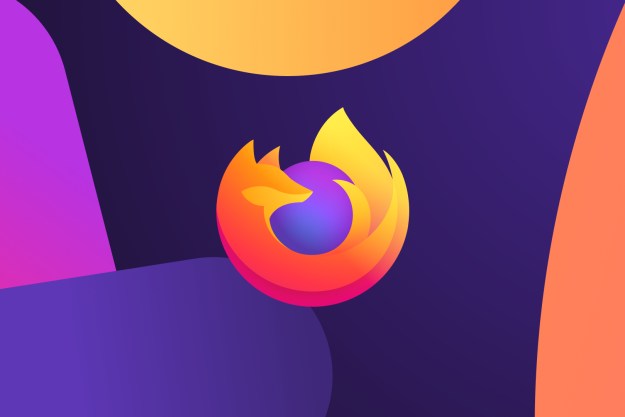
In November 2014, Mozilla inked a deal with Yahoo that would see the company’s search services integrated into the Firefox browser. The deal was set to be in place for five years, but the developer decided to cut it short in order to deliver a better product to its users.
“We exercised our contractual right to terminate our agreement with Yahoo! based on a number of factors including doing what’s best for our brand, our effort to provide quality web search, and the broader content experience for our users,” said Mozilla’s chief business and legal officer, Denelle Dixon, according to a report from 9to5Google. “We believe there are opportunities to work with Oath and Verizon outside of search.”
There’s big money to be made in offering a search engine the chance to serve as the default option for a particular piece of software or hardware. For instance, Google has recently expanded its relationship with Apple to include Siri and Spotlight search results – and the search giant was already paying as much as $3 billion per year to ensure that it was the default for iOS, according to a report from CNBC.
It would seem that Mozilla would stand to lose out on a significant amount of money by backing out of its arrangement with Yahoo. However, there’s a clause in the contract that provides that Mozilla is entitled to annual payments of up to $375 million through 2019 if it didn’t want to work with any company that purchased Yahoo – even if another search deal was put in place – as per reporting from Recode.
Search engines are the primary discovery tool for many internet users, and that makes them hugely important when it comes to online advertising. Having a large audience makes it easier to sell ad space at a premium, which should explain why companies are ready to shell out millions upon millions to work with the likes of Mozilla and Apple.
Editors' Recommendations
- Reddit seals $60M deal with Google to boost AI tools, report claims
- Fake AI images are showing up in Google search — and it’s a problem
- Google’s ChatGPT rival just launched in search. Here’s how to try it
- Firefox just got a great new way to protect your privacy
- Oops — Google Bard AI demo is disproven by the first search result


